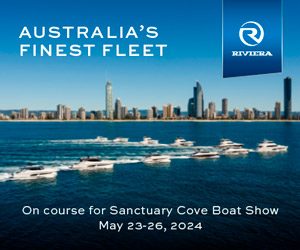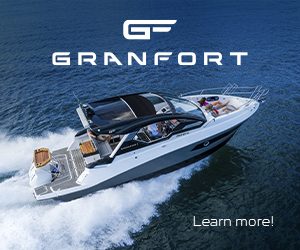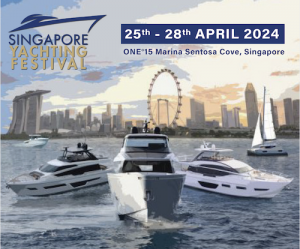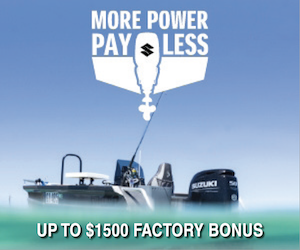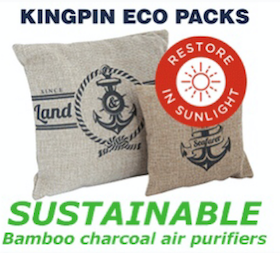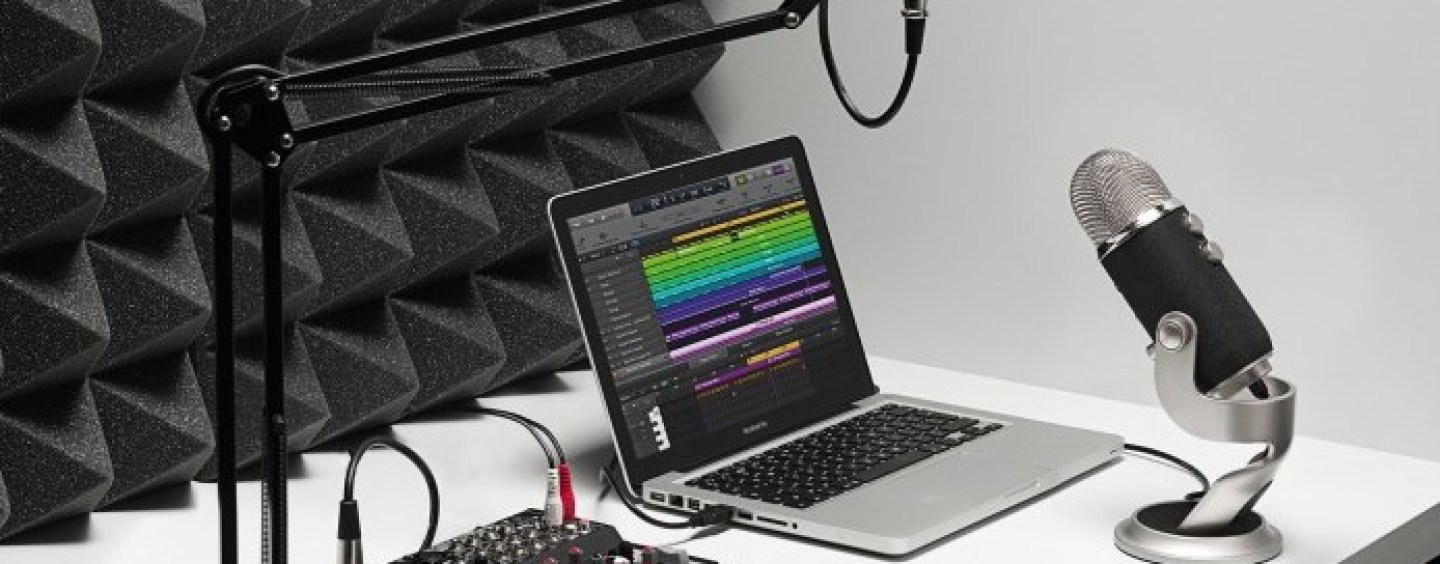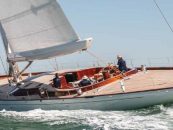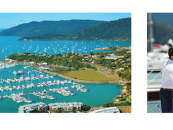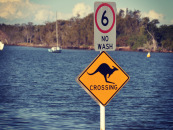How can we keep sailor’s stories alive? David Hows tells us about his podcasts, where the story-telling happens conveniently using personal computers or mobile devices at any given time.
Story-telling is a tradition and an art form. And sailors have some of the best stories to tell—tall tales or not. Perhaps it is because they spend so much time on their boats and experiencing the wild oceans, the salty air, the ever-changing skies, and everything else in between. They see, they feel, they hear, they smell, they experience. So how can we keep these stories alive?
For those who claim they are not writers or journalists, or those who simply do not have the time to write, a podcast is a medium that can be very powerful. Everyone loves stories, and being able to talk about and listen to topics that one is passionate about is such a basic human trait. Like radio talk shows, podcasts offer an opportunity to “eavesdrop” into a conversation between people who are sharing their stories and their passions.
And this is David’s story.
Why podcasts?
I have recently finished reading ‘Peter Montgomery: The Voice of Yachting’ by Bill Francis (2015), and ‘Australian Ocean Racing’, published in 1967 by Murray Davis. They are great chronicles of the birth of ocean racing in New Zealand and Australia, going back as far as 1907 with the first Melbourne to Tasmania Race. I have also been listening avidly to 130+ episodes of Andy Schell’s 59 North Sailing Podcast over the past 12 months.
These have inspired me to launch my own sailing podcast series called Ocean Sailing Podcast. I wanted to capture and share these ocean racing and sailing stories on a regular basis with armchair sailors, cruisers and racers across Australasia before some of them are lost forever.
How popular are these podcasts? Why?
After six weeks, we are ranked in the Top 3 Sailing Podcasts on iTunes globally and are now seeing 1,000+ hours of content downloaded each week. That’s three million minutes are year, which is quite amazing in such a short time.
The quality of the content is the key, I think. There are three parts to this:
First, I focus on finding people who are involved in sailing in a diverse range of ways with great stories to tell.
Second, I spend two to three hours researching each of their backgrounds and preparing a list of 10 to 15 questions that will really help me drill down into areas they may not have been asked about before.
Third, I love sailing, whether cruising or racing. So, for me it’s just like having a conversation with a fellow sailor, which I think makes it easy to listen to.
What is enjoyable about creating podcasts?
I get to have conversations with people about a subject that I love immensely, and get to record them, which would otherwise not be possible.
Which one has been most entertaining to listen to and why?
I have loved all of them and they have all been different. If you just look at the download data, Andy Lamont’s two-hour interview is ranked first and he is leaving in October to sail solo, non-stop around the world at age 57. It was a lot of fun to record as we sat inside his S&S 34 yacht. He had the excitement of a school boy setting out on a great adventure, as he described his plans, fears and expectations.
What feature stories do you plan to record?
I have a long ideas list that includes stories around cruising, ocean racing, the America’s Cup, extreme explorers and regular club sailors. Constant diversity is important, so it does not get monotonous for listeners.
What is the most difficult aspect?
Setting up integrated technology, so that you can automate/outsource various parts take up some work. If you set up your own website, it’s a steep learning curve. But then you’ll have the skills to update it without paying someone else.
Getting the audio transcribed into article content for the show notes is a big job, even if someone else types it up for you. It’s great for SEO, but still requires you to edit the content. Otherwise, poor grammar and spelling issues will slip through.
Any advice on creating podcasts?
It takes a lot of work to set up, and probably up to 10 hours per episode to produce. It costs a few hundred dollars a month to set up properly. Don’t do it unless you are really passionate about the subject matter, as you won’t last.
What technology do you use?
I use a MacBook Pro, Hindenburg recording/editing software, Libsyn for hosting and publishing, Mailchimp, a Facebook page, and Squarespace for my website.
What is the best way to listen to your podcasts?
Go to www.oceansailingpodcast.com/podcast. There are multiple ways to listen, by desktop or mobile device. And they’re all free.
Your own sailing adventures
It’s hard in a few words. They have included dingy sailing, competing at State, National and World title events, long summer holidays cruising with my family, sailing across the Tasman Sea. These days, I join 80-90 club and ocean races a year on my Beneteau 44.5 out of the Southport Yacht Club. That will include the Sydney to Southport, Hamilton Island Race week, and Sydney to Hobart Races.
The future of Gold Coast sailing
Extremely promising. It’s a great year round venue for sailing. We have seen our offshore keel boat fleet double in the last 12 months. The growth in the local economy has direct flow on benefits to sailing.


